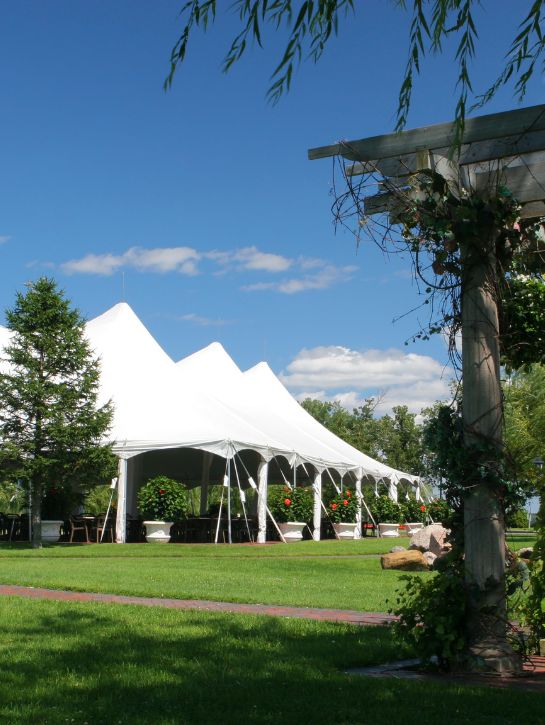
Feb 13, 2024
Special Event Liability Insurance Best PracticesFirst came COVID-19. Then came the Delta variant, followed by the Omicron variant. We don’t know what the next big variants will be, but we can assume that they will exist. The pandemic isn’t over yet, and leaders at personal assisted living communities need to be ready.
There is hope that the pandemic will wane as variants become increasingly mild. Unfortunately, this is not guaranteed. According to Fortune, experts say that we can’t assume that the next variant will be mild. Although we might see some relatively harmless variants, we might also see some that are more dangerous.
Another problem is that new variants might be even more contagious than their predecessors. The UK Health Security Agency says that BA.2, a subvariant of Omicron, has been identified in England, and it has an increased growth rate.
There’s also a concern that current vaccines might not be as effective against new variants. According to the CDC, breakthrough infection in people who have been vaccinated are likely, but vaccines still appear effective at preventing severe illness, hospitalizations, and deaths.
A new variant might cause more outbreaks, but we won’t be starting from square one. We’ve learned a lot about the virus and how to deal with it. We’ve seen how the pandemic can lead to supply chain issues, isolation, and political division, and we’ve developed vaccines and treatments.
We also know more about how COVID spreads. According to a paper published in ACS Central Science, there’s a relatively low risk of fomite transmission of COVID. That means you probably won’t get COVID by touching contaminated surfaces.
In addition to vaccines, testing, handwashing, and staying six feet apart, the CDC says that people can slow the spread of COVID by wearing a well-fitting mask and avoiding poorly ventilated areas.
Leaders at personal assisted living facilities should make sure they are prepared for the next COVID variant.
Finally, make sure you have the right insurance coverage. The team at PCALIC can help you review your coverage needs to make sure you have the correct safeguards in place before the next COVID variant strikes. We have been providing insurance and risk solutions to the personal assisted living community for 20 years. Contact us to learn more.